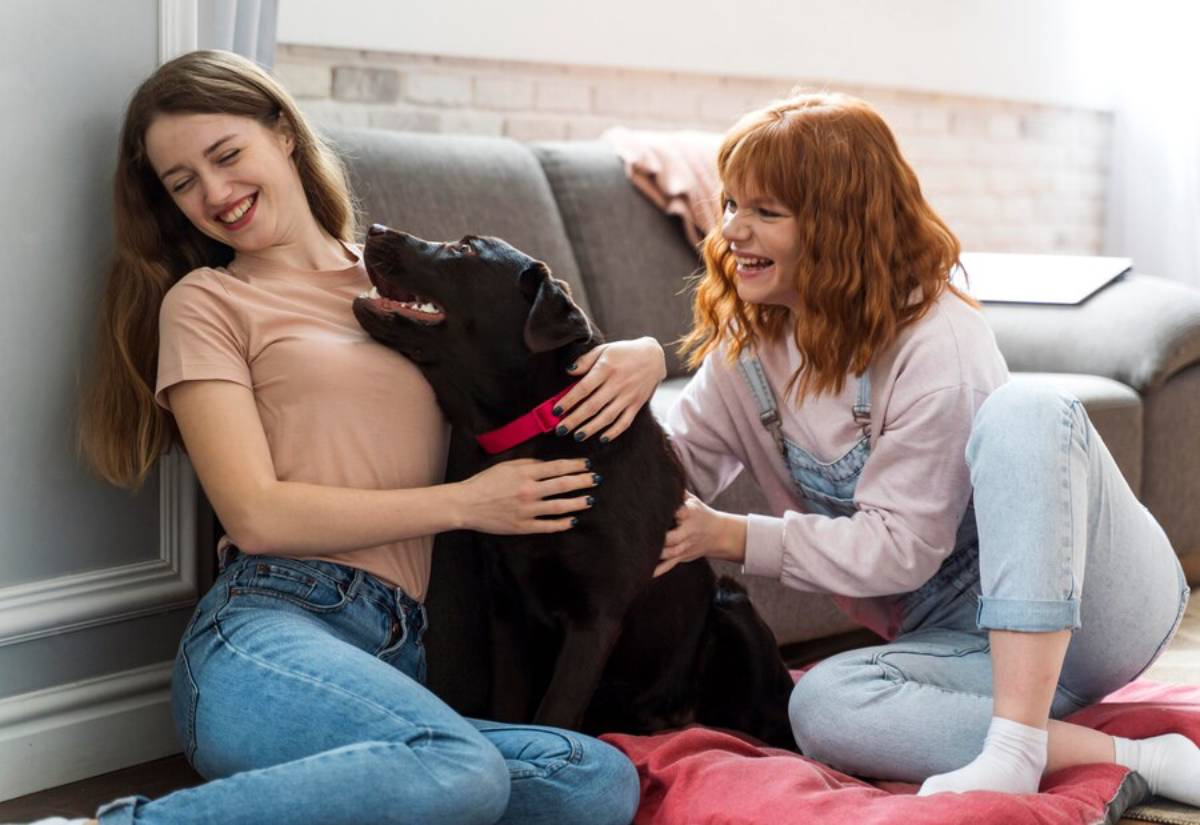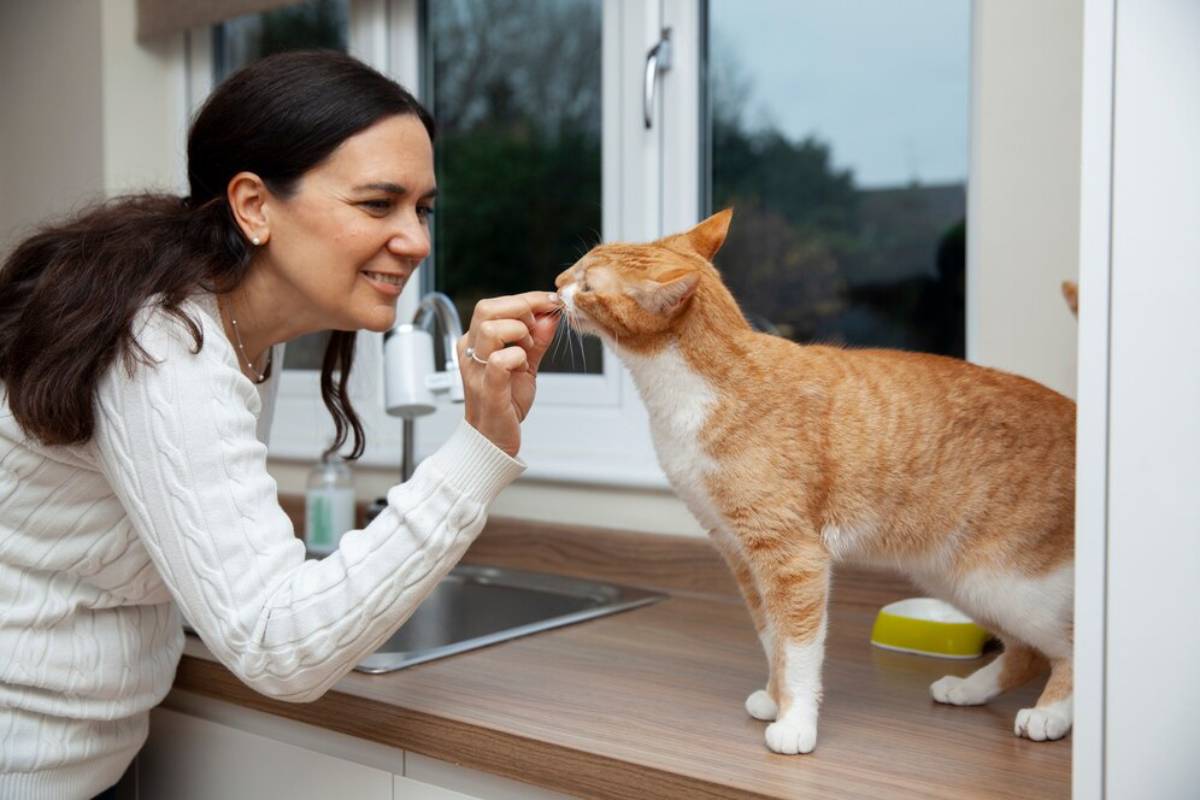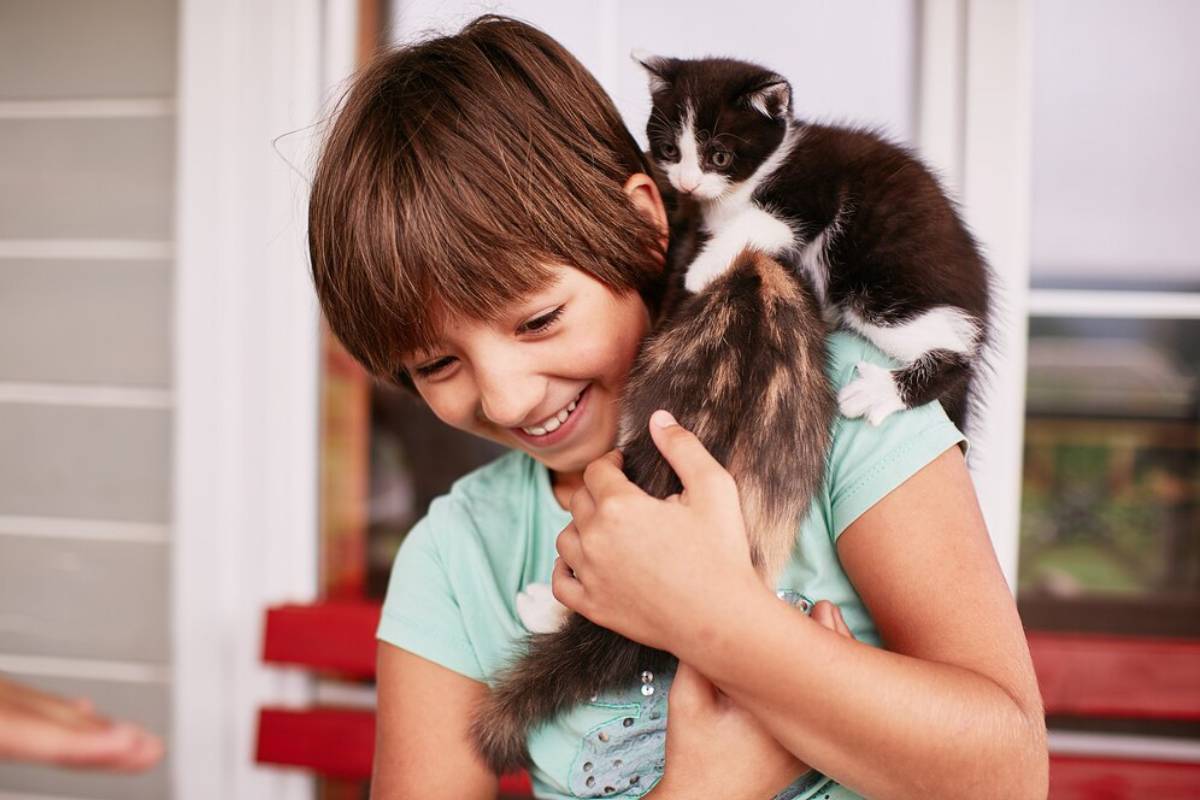
Socialisation Tips for Puppies and Kittens
Bringing home a new puppy or kitten is an exciting time. They’re curious, full of energy, and ready to explore the world. But did you know that the way they experience their first few months can shape their behaviour for life?
Pet socialisation is the process of gently introducing young animals to the world around them—new sights, sounds, people, and animals. Done right, it helps them become confident, well-behaved companions.
In this post, we’ll explore how to support healthy puppy training and encourage good kitten behaviour through safe, structured socialisation.
Why Socialisation Matters
Socialisation isn’t just about playtime—it’s essential for your pet’s mental health and development.
Benefits of early socialisation:
- Builds confidence in new situations
- Reduces fear and anxiety later in life
- Encourages friendly behaviour around people and other animals
- Prevents aggression and excessive shyness
- Makes vet visits and grooming less stressful
The most important window for socialisation is between 3 and 14 weeks for puppies and 2 to 9 weeks for kittens. During this time, they’re especially open to learning what’s safe and normal.
Socialising Puppies: A Gentle Start
Puppies are naturally eager to explore. But the world can be overwhelming without the right guidance.
Key areas of puppy socialisation:
- People: Introduce them to people of different ages, appearances, and clothing styles
- Other dogs: Arrange safe, controlled interactions with vaccinated dogs
- Sounds: Expose them to doorbells, vacuum cleaners, traffic, and applause
- Surfaces: Let them walk on grass, tile, carpet, wood, and gravel
- Handling: Gently touch their paws, ears, mouth, and tail to prepare for grooming and vet care
- Vehicles: Take short car rides to prevent motion anxiety later
Always keep experiences positive and calm. If your puppy seems scared, give them space and try again later at a slower pace.

Puppy Training and Socialisation Combined
Good puppy training goes hand in hand with socialisation. Teaching basic commands early helps them feel secure and responsive in new situations.
Training tips to include in socialisation:
- Use positive reinforcement (treats, praise) when they behave calmly
- Practice “sit” and “stay” during new interactions
- Teach them to walk nicely on a lead around distractions
- Encourage gentle greeting behaviours with people and dogs
- Set up short, controlled visits to dog-friendly places like parks or cafés
Socialisation outings double as training sessions—and make learning fun!

Kitten Socialisation: A Different Approach
Cats are naturally more cautious than dogs, so socialising kittens takes a gentler touch. But it’s just as important—especially if you want a confident, sociable adult cat.
How to socialise a kitten:
- Human interaction: Let them meet different people in a quiet setting
- Touch and handling: Pet them all over, including paws and ears
- Noise exposure: Introduce sounds like dishwashers, TVs, and gentle music
- Playtime: Use toys to help them interact confidently and chase naturally
- Exploration: Provide safe access to new spaces, heights, and textures
- Pet carriers: Make carriers a positive space by leaving them open with treats and bedding
Always let kittens approach at their own pace. Forcing interaction can backfire and lead to fear.
Encouraging Good Kitten Behaviour
Early socialisation is the best time to shape kitten behaviour that fits a happy home.
Helpful habits to start early:
- Litter training: Show them where the box is, and keep it clean
- Scratching posts: Place near beds and furniture to encourage use
- Gentle play: Discourage biting or scratching by redirecting to toys
- Routine: Feed, play, and rest on a schedule to promote calmness
- Respect for boundaries: Teach them that it’s okay to be alone sometimes
Socialised kittens are more likely to be friendly, adaptable, and affectionate as adults.
Tips for Both Puppies and Kittens
Whether you’re raising a dog or a cat, the principles of pet socialisation are similar.
General socialisation tips:
- Go at their pace – Never rush or force interaction
- Pair new experiences with rewards – Treats, play, or praise
- Keep sessions short and sweet – End on a positive note
- Introduce one thing at a time – Avoid overwhelming them
- Use calm, friendly energy – Pets respond to your mood
- Involve the whole household – Consistency is key
The goal is to help your pet learn that the world is safe, interesting, and full of friendly faces.
Common Socialisation Mistakes to Avoid
Socialisation is simple in theory, but mistakes can happen. Here’s what to watch out for:
- Skipping early socialisation – Waiting too long can lead to lifelong fear or aggression
- Overexposing – Too much too fast can overwhelm your pet
- Punishment during socialisation – Negative responses make new experiences scary
- Forgetting to socialise indoors – Pets need exposure to sounds, people, and routines at home too
- Not continuing socialisation – It should continue well beyond the first few months
It’s okay if things don’t go perfectly—just stay patient and adaptable.
When to Ask for Help
If your puppy or kitten shows extreme fear, aggression, or withdrawal during socialisation, it may be time to seek professional guidance.
Signs to look for:
- Growling, snapping, or biting
- Hiding for long periods
- Refusing to eat or play
- Sudden regression in training
- Unusual vocalisation or pacing
Speak to your vet or a certified animal behaviourist. The earlier you address issues, the easier they are to work through.
Final Thoughts: Confident Pets Start Young
Raising a friendly, confident pet starts with early, gentle socialisation. By exposing your puppy or kitten to new experiences in a positive way, you’re setting them up for a happy, well-adjusted life.
Whether you’re working on puppy training or encouraging better kitten behaviour, socialisation lays the foundation for a strong bond and a more peaceful home.
Every dog or cat is different, but with time, patience, and love, you’ll help them grow into their best selves—one paw at a time.